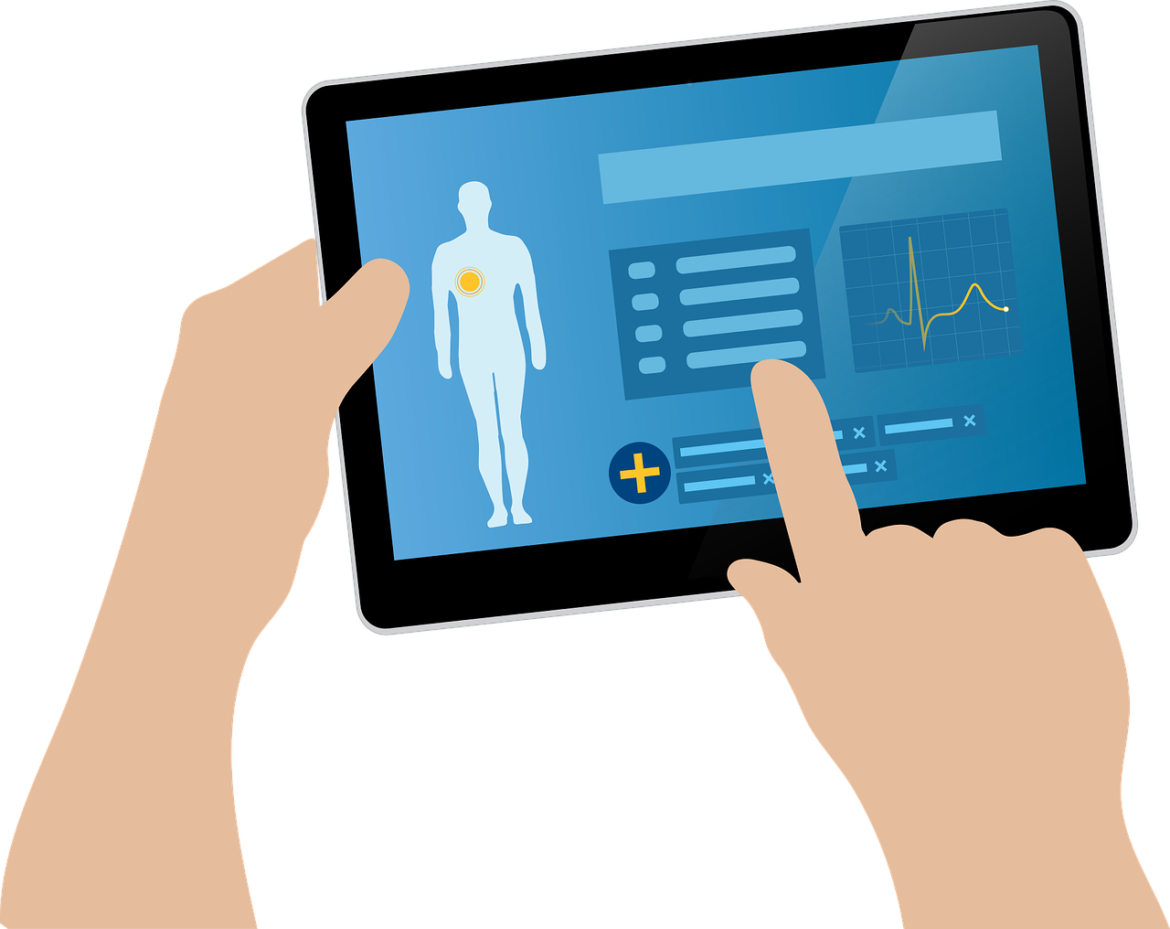Artificial intelligence (AI) is rapidly transforming the healthcare industry, with AI-powered health apps leading the way. These apps use AI to provide a variety of health-related services, such as tracking fitness goals, diagnosing diseases, and providing personalized treatment plans.
AI-powered health apps can be a convenient and affordable way to access healthcare, and they can help users to improve their health and well-being. However, it is important to note that AI-powered health apps are not a substitute for traditional medical care. If you have any serious health concerns, it is always best to see a doctor.
Benefits of using AI-powered health apps
Here are some of the benefits of using AI-powered health apps:
- Convenience: AI-powered health apps can be accessed from anywhere, at any time. This can be helpful for people who have busy schedules or who live in rural areas where access to healthcare is limited.
- Affordability: AI-powered health apps are often more affordable than traditional medical care. This can be helpful for people who have limited health insurance coverage or who are on a budget.
- Personalized care: AI-powered health apps can provide personalized care that is tailored to each individual’s needs. This can be helpful for people who have complex health conditions or who are looking for a more holistic approach to their healthcare.
- Increased access to care: AI-powered health apps can help to increase access to care for people who live in rural areas or who have difficulty accessing traditional medical care.
Risks of AI-powered health apps
Here are some of the risks of using AI-powered health apps:
- Accuracy: AI-powered health apps are not always accurate. This can be a problem if the app is used to make important medical decisions.
- Privacy: AI-powered health apps can collect a lot of personal data. This data could be used to track people’s health habits or to sell to third-party companies.
- Bias: AI-powered health apps can be biased. This can be a problem if the app is used to make decisions about people’s health.
- Lack of regulation: AI-powered health apps are not regulated in the same way as traditional medical care. This means that there is no guarantee that the app is safe or effective.
Overall, AI-powered health apps can be a helpful tool for managing your health. However, it is important to be aware of the risks before using these apps. If you have any concerns, it is always best to talk to your doctor.
AI based health apps list
The following are some of the many health AI apps that are available:
- Ada: is a personal health assistant app that uses AI to track symptoms, provide health recommendations, and connect users with doctors. This app provides personalized health advice and support. It can help you with a variety of health issues, including:
- Managing chronic conditions
- Getting preventive care
- Making healthy lifestyle choices
- Babylon Health: is a telehealth app that uses AI to diagnose diseases. This app allows users to consult with a doctor online. You can use it to get a diagnosis, treatment plan, and prescription.
- Headspace: This app offers guided meditation and mindfulness exercises. It can help you with stress, anxiety, and sleep problems.
- MyFitnessPal: is a nutrition app that uses AI to help users create healthy meal plans and track their progress. This app helps users track their diet and exercise habits. It can help you lose weight, gain muscle, or simply eat healthier.
- Omada Health: This app provides support for people who are trying to lose weight. It uses AI to personalize the user experience and provide tailored coaching and support.
- Talkspace: This app offers online therapy sessions. You can connect with a therapist from the comfort of your own home.
- Zocdoc: This app allows users to book appointments with doctors and other healthcare providers. It can help you find a doctor in your network and schedule an appointment quickly.
These are just a few examples of the many AI powered health apps that are available. As AI technology continues to develop, we can expect to see even more innovative and effective AI powered health apps in the future.
How can you use AI powered health apps?
AI powered health apps can be used in a variety of ways to improve your health. Here are a few ideas:
- Track your symptoms: If you’re experiencing any health problems, you can use an AI powered health app to track your symptoms and see if they’re getting better or worse. This can help you decide whether or not you need to see a doctor.
- Get personalized health recommendations: AI powered health apps can use your individual health data to provide personalized health recommendations. This can help you make healthier choices and improve your overall health.
- Connect with doctors: Some AI powered health apps allow you to connect with doctors online. This can be a convenient way to get medical advice without having to go to the doctor’s office.
- Manage chronic conditions: If you have a chronic condition, an AI powered health app can help you manage your condition by tracking your symptoms, providing medication reminders, and connecting you with support groups.
Conclusion
AI powered health apps are a powerful tool that can help you improve your health. If you’re looking for a way to take control of your health, consider using an AI powered health app. These apps can be a valuable resource for people who are looking to improve their health and well-being. However, it is important to note that they are not a substitute for professional medical care. If you have any serious health concerns, you should always see a doctor.



